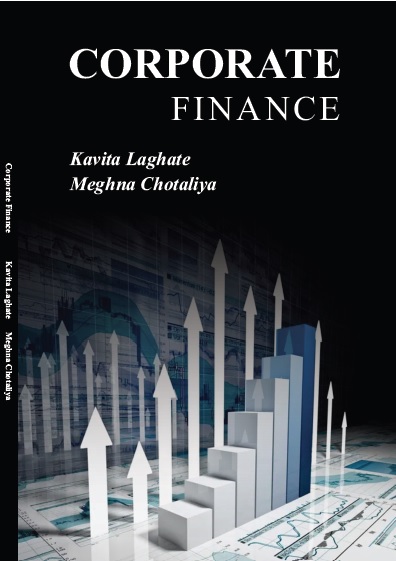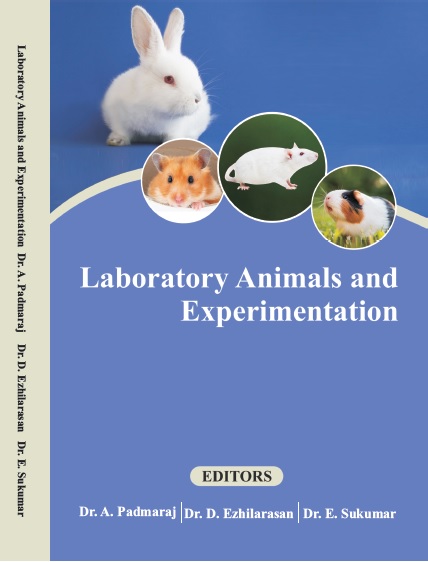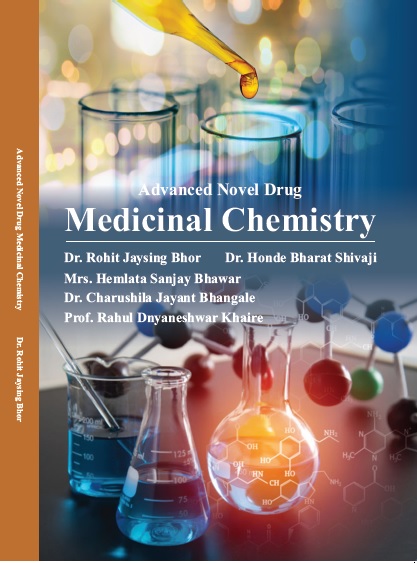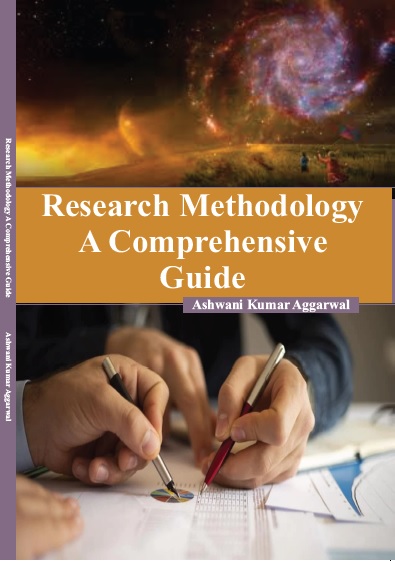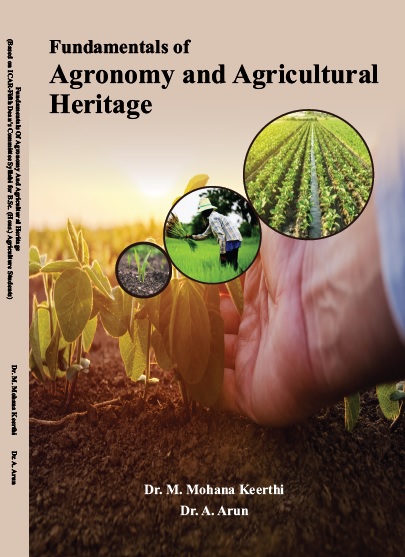SOCIAL SCIENCE AND HUMANITIES
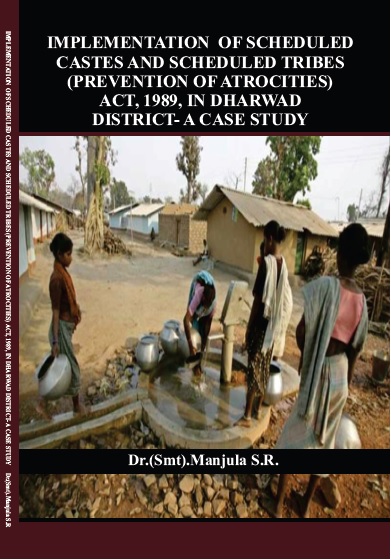
Implementation Of Scheduled Castes And Scheduled Tribes (prevention Of Atrocities) Act, 1989, In Dharwad District- A Case Study
by Dr.(Smt).Manjula S.R
ISBN Number : 978 - 1- 73034 - 973 - 7
Authors Details
| Author Name | Image | About Author |
|---|---|---|
| Dr.(Smt).Manjula S.R |  |
Dr. Manjula S.R (b.1974) presently is working as Assistant Professor, Post Graduate Department of Studies in
Law, Karnatak University, Dharwad, Karnataka State. She did her M.A in Political Science from Mangalore
University, Karnataka State in the year 1998, and obtained LL.M in criminal law specialization from Bangalore
University in the year 2005.She did PhD in Law in the year 2013 from Karnatak University, Dharwad. She also
contributed more than 15 articles and published in various journals and participated in various national and
international seminars. She has been a member of board of studies and examination committee in law, karnatak
University, Dharwad since from 2010. |
Book Description
The first Prime Minister of India has said at the speech in the Constituent Assembly of India on August 14th 1947 that, 'the service of India means, the service of the millions who suffer. It means the ending of poverty and ignorance and disease and inequality of opportunity. The ambition of the greatest man of our generation has been to wipe every tear from every eye. That may be beyond us, but as long as there are tears and suffering, so long our work will not be over'. Dr. B.R. Ambedkar has said on 25th November, 1949 that, 'political democracy cannot last unless there lies at the base of it social democracy'. The modern states are welfare states the equality of treatment is the ultimate goal of the states. The removal of social disabilities in every walk of life is the utmost priority of every nation. In Hindu society the caste is still the most powerful factor in determining a man's dignity, calling or profession. One will not find such a rigid caste system anywhere else outside India. The problem of night soil disposal exists in every country, but it is only in India that scavenging and sweeping are considered to be the exclusive occupations of particular castes. In India all kinds of work that involve some handling of dirt are allotted to some caste or the other among the dalits. The practice of bonded labour is another crucial form of economic exploitation of dalit community in India .A poor labourer borrows money at huge rates of interest from the landlord to render work for the life time in order to pay back the money. So, he becomes a bonded labourer until he pays back the money with the interest. The wages given to them for such work is very low, below the minimum wages set by the government. The bonded labour has been abolished in India by enacting a law. It is now a punishable offence but it still happens quite often, bonded labour has little access to support services that would help them fight against their circumstances. Every district has a labour officer who is supposed to follow up on such cases and ensure that bonded labour does not take place. The Constitution of India is the embodiment of individual rights and liberties and the special provisions are made to empower the depressed, marginalized and exploited sections of the society. Social justice is an ideal condition of society where no groups or individual have any complaint for not getting their dues, since all persons of various sections or individuals are allocated resources as per their needs and rights on some reasonable or logical grounds. It is only through our classical epics that we get an idea of a socio- political set-up of Ramrajya where everybody gets Social Justice and not a single one is seen as unhappy poor, exploited, segregated or ill-treated by other person and everybody is seen as the happy person. India is a welfare State committed to the protection of rights of the each and every category of people without discrimination on the basis of caste or sex etc. A good number of legislations have been enacted to do away with different kinds of discriminations against the weaker sections and to provide them protection. The life and livelihood guaranteed by the Constitution of India to the dalit masses by way of security. In order to protect the dignity of the Dalits, the State enacted many laws ensuring minimum human dignity to dalits in the civilized society. The author made sincere efforts in collecting a detailed data pertaining to the atrocity cases filed and tried in the Special Court in Dharwad District for the year 2007-2012. The core purpose of this effort is to examine the nature of the offences that have been committed against the Dalits, the numbers of accused persons involved and the trial process and the ultimate verdict. It is pertinent to note the fact that out of 177 atrocity cases tried by the Special Court, 173 cases resulted in acquittal and only in 4 cases the convictions have taken place wherein the maximum imprisonment was 10 months and maximum fine imposed was Rs.50,000. The examination of the rate of convictions in this given period leads to an impression that vital lacunas might have occurred in either investigation process or in trial stages. Normally a complaint of atrocity from any village would create a sensation from the point of view that alleged violation of human rights through the media. It is quite concerning to note the fact that this sample study involves six years period from the year 2007-12 pertaining to the trial and conviction of atrocity cases by the Special Courts which reveals that not even 5% of overall conviction rate has taken place. Today's scenario as presents in the society shows that the exploitation of dalits is a continuing phenomenon. The Act has failed at the implementation level due to lack of evidence and proper investigation by the authority. The government is making an efforts to bring an amendment with necessary changes in order to make the stringent implementation of the law to ensure a minimum human dignity to the oppressed sections of the society.







